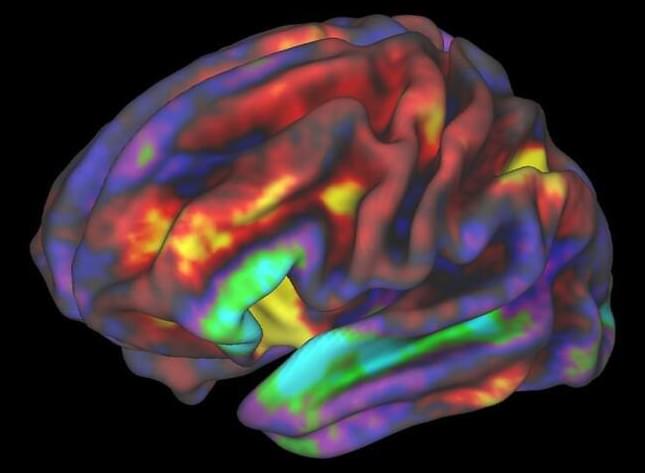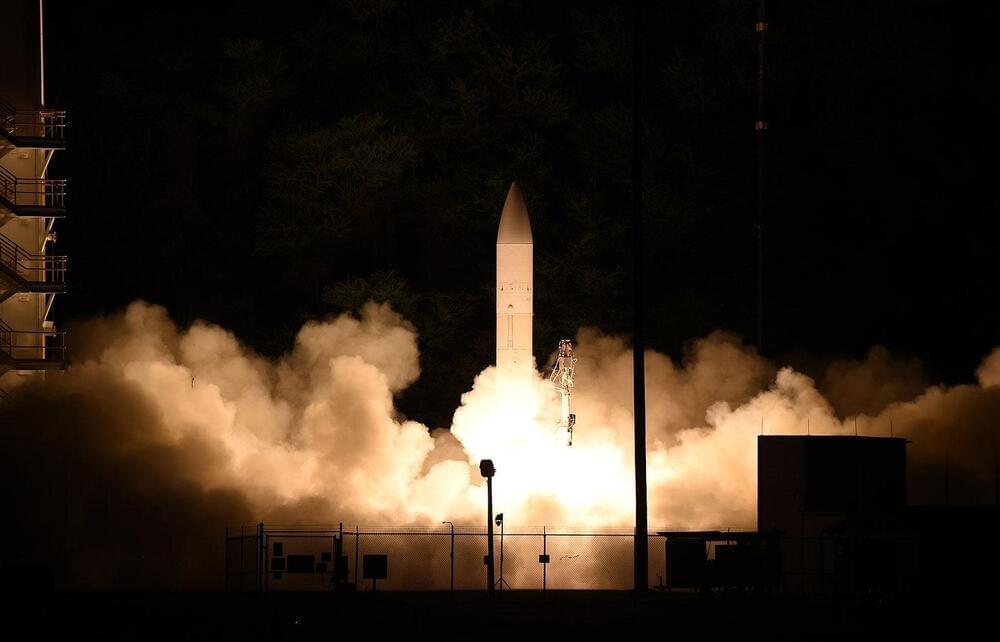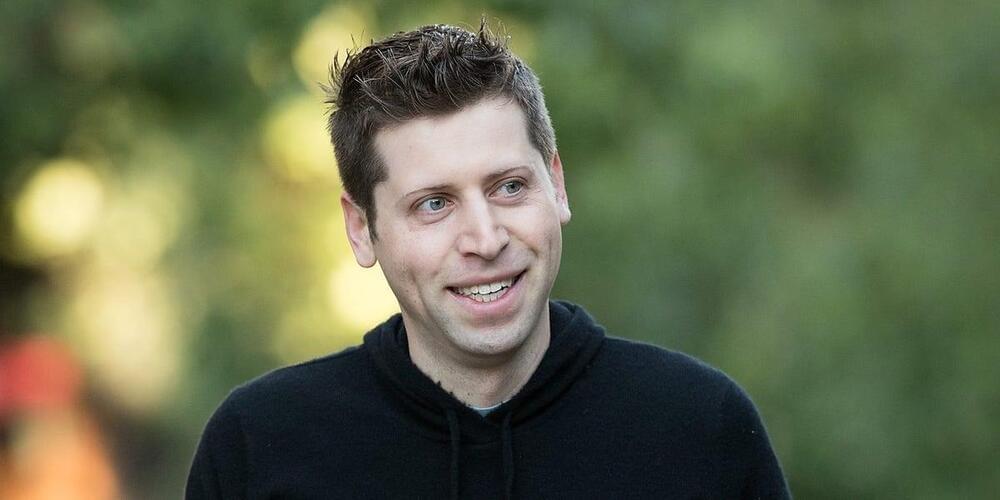HydrogenPro.
HydrogenPro’s electrolyzer will be assembled and installed in the coming weeks, according to a press release published by Chemical Engineering on Wednesday.


Topics Microsoft | artifical intelligence.
Andreas Braun, Chief Technology Officer at Microsoft Germany, recently confirmed that GPT-4 will be unveiled next week at an event called — AI in Focus — Digital Kickoff, reports Windows Central. “We will introduce GPT-4 next week, where we have multimodal models that will offer completely different possibilities — for example, videos,” Braun was quoted as saying.
Is gravity going to kill us one day?? Join us, and find out!
Subscribe for more ► https://wmojo.com/unveiled-subscribe.
In this video, Unveiled takes a closer look at one of the most unknown threats in the universe — gravitational waves! These incredible structures carry an immense amount of energy, so could they ever end life on Earth? Could they ever destroy the planet entirely? Join us, and find out!
This is Unveiled, giving you incredible answers to extraordinary questions!
Find more amazing videos for your curiosity here:
Quantum Theory PROVES You Never Die — https://youtu.be/78onGajtyZw.
Do We Already Have a Secret Base Hidden on Mars? — https://youtu.be/b9CjNoVvN4k.
0:00 Intro.

Finally, a rational exploration of what ChatGPT actually knows and what that means.
Try out my quantum mechanics course (and many others on math and science) on Brilliant using the link https://brilliant.org/sabine. You can get started for free, and the first 200 will get 20% off the annual premium subscription.
I used to think that today’s so-called “artificial intelligences” are actually pretty dumb. But I’ve recently changed my mind. In this video I want to explain why I think that they do understand some of what they do, if not very much. And since I was already freely speculating, I have added some thoughts about how the situation with AIs is going to develop.
💌 Support us on Donatebox ➜ https://donorbox.org/swtg.
👉 Transcript and References on Patreon ➜ https://www.patreon.com/Sabine.
📩 Sign up for my weekly science newsletter. It’s free! ➜ https://sabinehossenfelder.com/newsletter/
🔗 Join this channel to get access to perks ➜
https://www.youtube.com/channel/UC1yNl2E66ZzKApQdRuTQ4tw/join.
00:00 Intro.

It looks like AT&T experienced a data breach, leaving roughly 9 million customers data exposed. The data breach didn’t come directly from the wireless carrier, but occurred with one of its vendors.
The news originates from the AT&T forums, where customers were curious about an email that has apparently been going out to affected customers since last week. The email discusses the breach the wireless carrier experienced, sharing that it occurred with one of its vendor’s systems, which gave access to the wireless carrier’s “Customer Proprietary Network Information” (CPNI) system.

A series of three neuroimaging studies identified a pattern of neural activation involving specific brain regions that differentiates drug users from non-users with 82% accuracy. Researchers named the pattern the Neurobiological Craving Signature (NCS). Their findings have been published in Nature Neuroscience.
Craving is a strong desire to use drugs or eat. It has long been considered a key factor driving substance abuse and overeating. It is one of the criteria used for diagnosing substance use disorders. Craving is often induced by exposure to certain stimuli. In the case of overeating, these include the smell or sight of food. In the case of drugs, craving can be induced by one being in places or situations he/she associates with taking drugs or being offered drugs. This is called cue-induced craving.
Earlier studies of craving have successfully relied on self-reported craving, but recent research has focused on discovering its biological basis. Human neuroimaging studies have identified neural circuits related to the risk of substance abuse. Some brain circuits have been found to be involved in different substance use disorders and risky behaviors. These include specific parts of the ventromedial prefrontal cortex (vmPFC), ventral striatal/nucleus accumbens (VS/NAc) and insula regions of the brain. These regions also appear to play a role in weight gain and obesity.

While the world’s major powers are locked in an arms race to develop the best and most advanced hypersonic weapons, missiles capable of flying faster than Mach 5 and are thus able to defeat missile defense systems and radars, the Defense Advanced Research Projects Agency (DARPA) has been flying at these speeds for more than a decade.
The history of hypersonics go back much, much further than the 21st century. Nazi Germany’s V-2 rockets were able to reach speeds of Mach 4.3 after takeoff, but when they struck targets, they were often exceeding Mach 5. By 1949, the United States had adopted German rocket technology, which allowed rockets to exceed Mach 5 on takeoff for the first time.
Through this development, the U.S. was able to build its intercontinental ballistic missile arsenal, all of which were capable of speeds above Mach 5 upon reentry. It wasn’t until 1980 that hypersonic research began to focus on glide maneuvering and carrying people. This led to the creation of the X-15 rocket plane, a manned craft that could reach those speeds but was launched from a B-52 “mother ship.” An X-15 holds the official world record for the highest speed ever recorded by a crewed, powered aircraft when it reached Mach 6.7 in 1967.
Worker bees twerk in order to inform their coworkers of a pollen target. The specific communication signal that they use is referred to as the waggle dance. These bees perform steps to show where and how far the food is.
Now, a recent study has shed light on how bees actually learn how to do the waggle dance.
